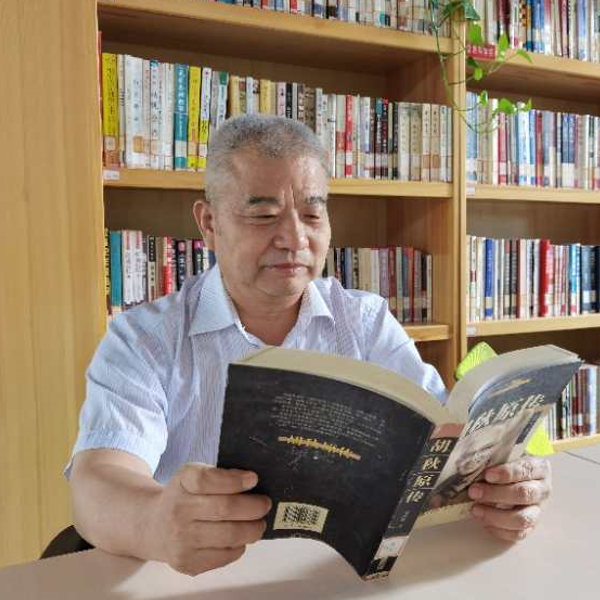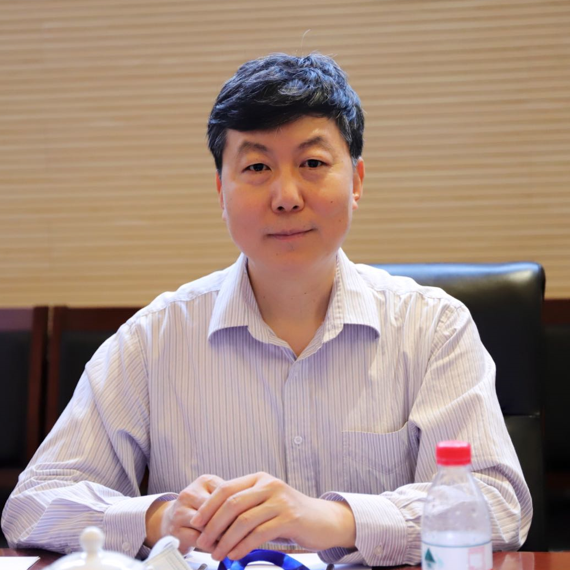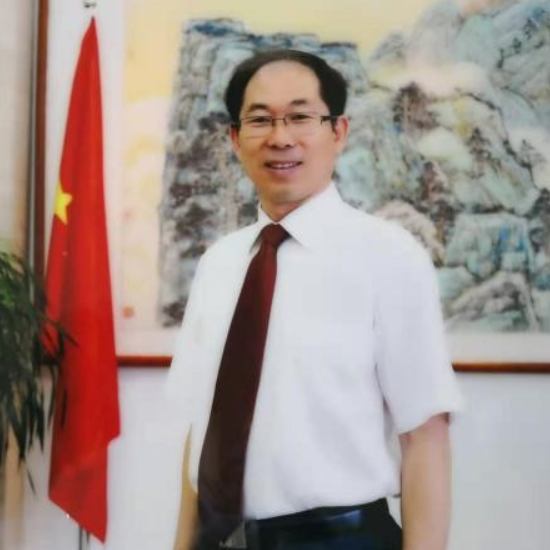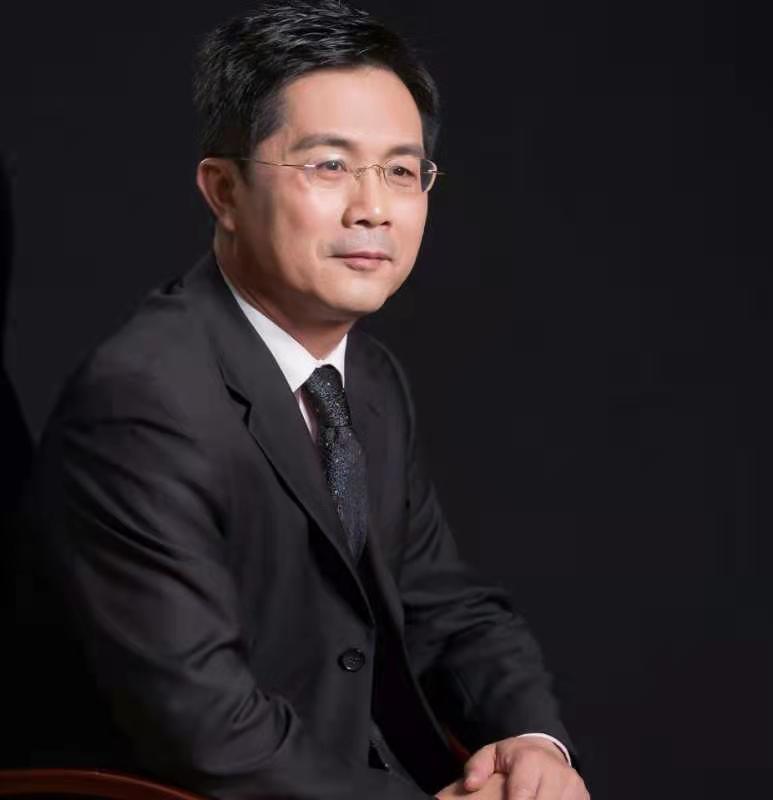 You will have the chance to think critically and learn:
You will have the chance to think critically and learn:
1. The importance of competition in a free market for products, land, capital and labor for economic growth;
2. The harm of high prices in raw material markets to economic growth;
3. How distortions in expectations or market information lead to economic volatility;
4. How does the obstruction of free trade lead to potential loss in both the private and public sector?
5. How the government can ensure a smooth and continued supply of the land, capital and labor to achieve long-term economic growth;
6. The implementation of counter-cyclical government policies.
 The International Challenge for Data Analysis and Decision Making in Economics is an international economic event for undergraduate and postgraduate students. Teams need to pass the preliminary round before they can enter the final to compete for the top prize and have a chance to win a prize of $10,000 or equivalent in RMB.
The International Challenge for Data Analysis and Decision Making in Economics is an international economic event for undergraduate and postgraduate students. Teams need to pass the preliminary round before they can enter the final to compete for the top prize and have a chance to win a prize of $10,000 or equivalent in RMB.
Teams will compete on the Integrated Simulation Training Platform for Economics V2.2. The first part is microeconomic decision making, in which teams act as business, and make decisions in various modules, including cash flow, raw material and factor supply, bidding, production/delivery/technological innovation, government supervision, etc.. The platform will score each group by their equity in the final stage.
The second part is macroeconomic regulation and forecasting. In this part each team runs for government every year, enacts macroeconomic policies, and regulates the economy to achieve desired goals. All other non-elected groups will make forecasts on economic indicators. The software will score each groups based on their achievement of macro goals or forecast accuracy.
As one of manufacturers in a virtual country, you should try your best to maximum profit with microeconomic knowledge. What’s more, you have some opportunities to become the government of the virtual country by voting, and run the country well by fiscal and monetary policies with macroeconomic knowledge. You should be talent showing itself in the competitive market where there are so many firms run by others. Your performance depends on decisions and dates analysis of the elements market, the product market and macroeconomic policies. Which include:
1. The government campaign: If you have higher growth rate of GDP and personal income, lower rate of unemployment and inflation, you maybe become the government of virtual country.
2. Release the monetary and fiscal policies: You will set the appropriate loose or tight policy mix to achieve grand goals that you made in campaign, which include value-added taxes, income taxes, land supply, money supply, minimum interest rate, minimum wages, and government subsidies.
3. Economic forecast: To judge whether its economic growth in the virtual country get the predictive goals or not. This is based on reasonable prediction of the result of firm’s behavior and government policies.
4. Orders for bidding: To get desirable orders of maximum profit, you should analyze possible consequence of aggregate demand by fiscal policies stimulation with demand and elastic theories.
5. Commercial loan, land bidding, labor bidding: All of the element resources are scare, and you should price reasonably with marginal element value to obtain the sufficient labor, land and capital necessary for production.
6. Buying raw material: Purchase of steel, the raw material of cars and home appliance, is multiple game process, and the game strategies depend on your analysis of cost dates. Whether to booking or stockpiling raw material depends on your expectation of the future economy.
7. Production: Calculating of optimal production capacity range, and transaction of final goods or raw material in open market will help you make best decisions of production.
Scoring and Judge Basis:
1. Scoring is consist of macroeconomic indexes and owners’ equity of manufacturers.
2. The total scores of four macroeconomic indexes are 20, in which the one are 5 points. It depends on you, as the government, achieved the four indexes for your campaign targets which are growth rate of GDP and personal income, lower rate of unemployment and inflation, or as one of manufacturers, successfully forecast those for the each difference between the predicted and the actual is from negative 2% to 2%.
3. The total scores of owners’ equity of manufacturers are 40. It depends on the sum of your annual profit as a manufacturer. The highest will get 40 but the other’s score equals 40 multiply the proportion of the sum of this manufacturer’s annual profit to the highest.
4. Judging basis: The total of the average macroeconomic scores per year and the scores of owners’ equity of manufacturers will be calculated automatically. The highest will be 100 but the others equal 100 multiply the proportion of its scores to the highest.
1. Scoring is consist of macroeconomic indexes and owners’ equity of manufacturers.
2. The total scores of four macroeconomic indexes are 20, in which the one are 5 points. It depends on you, as the government, achieved the four indexes for your campaign targets which are growth rate of GDP and personal income, lower rate of unemployment and inflation, or as one of manufacturers, successfully forecast those for the each difference between the predicted and the actual is from negative 2% to 2%.
3. The total scores of owners’ equity of manufacturers are 40. It depends on the sum of your annual profit as a manufacturer. The highest will get 40 but the other’s score equals 40 multiply the proportion of the sum of this manufacturer’s annual profit to the highest.
4. Judging basis: The total of the average macroeconomic scores per year and the scores of owners’ equity of manufacturers will be calculated automatically. The highest will be 100 but the others equal 100 multiply the proportion of its scores to the highest.
 Guocheng WangChairman of Chinese Association of Game Theory and Experimental Economics,Researcher of Chinese Academy of Social Sciences
Guocheng WangChairman of Chinese Association of Game Theory and Experimental Economics,Researcher of Chinese Academy of Social Sciences Xinquan GeVice President of Chinese Association of Quantitative Economics, Professor of Beijing Information Science and Technology University
Xinquan GeVice President of Chinese Association of Quantitative Economics, Professor of Beijing Information Science and Technology University Xiaogang ZhangAssociate Professor of Renmin University of China
Xiaogang ZhangAssociate Professor of Renmin University of China Qiuming XiThe director, executive president and university vice president of Xi’an Jiaotong-Liverpool University, and professor of the School of Management of Xi'an Jiaotong University.
Qiuming XiThe director, executive president and university vice president of Xi’an Jiaotong-Liverpool University, and professor of the School of Management of Xi'an Jiaotong University. Mingyou WangDeputy Secretary of the Party Committee of Shenyang University, second-level professor, doctoral supervisor.
Mingyou WangDeputy Secretary of the Party Committee of Shenyang University, second-level professor, doctoral supervisor. Wei ZhangThe Deputy Director of the Academic Affairs Office of Renmin University of China
Wei ZhangThe Deputy Director of the Academic Affairs Office of Renmin University of China Jiang HaiProfessor, Associate Dean, School of Economics, Jinan University, Member of China National Finance Undergraduate Education Supervisory Committee;
Jiang HaiProfessor, Associate Dean, School of Economics, Jinan University, Member of China National Finance Undergraduate Education Supervisory Committee; Jorg BleyProfessor Jorg Bley was appointed Dean of IBSS in September of 2019.
Jorg BleyProfessor Jorg Bley was appointed Dean of IBSS in September of 2019. Eddy FangEddy is a Senior Associate Professor in the Department of Intelligent Operations and Marketing, and is currently serving as the Deputy Dean of International Business School Suzhou at Xi’an Jiaotong – Liverpool University.
Eddy FangEddy is a Senior Associate Professor in the Department of Intelligent Operations and Marketing, and is currently serving as the Deputy Dean of International Business School Suzhou at Xi’an Jiaotong – Liverpool University.The China Association of Game Theory and Experimental Economics (CAGTEE) was established in the late 1990s, and was officially registered in June 2009 by the Ministry of Civil Affairs of China. CAGTEE, with its secretariat located in Beijing Information Science and Technology University, mainly focuses on game theory, experimental economics and related frontier fields of economics to actively carry out academic activities and promote applications.
 Xi’an Jiaotong-Liverpool University (XJTLU) is an international joint venture university founded by Xi’an Jiaotong University in China and the University of Liverpool in the United Kingdom. As an independent Sino-foreign cooperative university, it captures the essence of both prestigious parent universities and is the first and only one of its kind approved by the Ministry of Education in China.
Xi’an Jiaotong-Liverpool University (XJTLU) is an international joint venture university founded by Xi’an Jiaotong University in China and the University of Liverpool in the United Kingdom. As an independent Sino-foreign cooperative university, it captures the essence of both prestigious parent universities and is the first and only one of its kind approved by the Ministry of Education in China.
The University currently offers approximately 90 degree programmes in the fields of science, engineering, business, finance, architecture, urban planning, language, culture and all are taught in English except for general and basic courses. Undergraduate students earn two degrees: an XJTLU degree from the Chinese Ministry of Education and a globally recognised degree from the University of Liverpool. Postgraduate students receive a University of Liverpool degree that is recognised by the Ministry of Education. All academic departments at XJTLU offer PhD opportunities, which help to fulfill XJTLU’s vision of “becoming a research-led international university in China and a Chinese university recognised internationally for its unique features”.
Located in Suzhou, a city that has been known in China as ‘paradise on the earth’ since ancient times, XJTLU enjoys a beautiful environment where there is a harmonious coexistence between the city’s rich cultural traditions and its rapid economic development. Suzhou is one of the most developed cities in China. Suzhou Industrial Park, China’s equivalent of Silicon Valley and a hub of global innovation, houses a large cluster of Fortune 500 companies, transnational enterprises and R&D centres, not only providing favourable conditions for XJTLU’s ongoing development but also numerous internship and job opportunities for XJTLU students.
 The largest of XJTLU’s seven schools, IBSS, is growing in size and influence in pursuit of its vision to be a leading international business school. The school is based on strong principles of internationalism, innovation, inspiration and integrity to create a positive impact on society through teaching, research and business engagement. IBSS became the youngest business school to be accredited by the Association to Advance Collegiate Schools of Business (AACSB) in 2016, and again, the youngest school to receive EQUIS accreditation in 2018.
The largest of XJTLU’s seven schools, IBSS, is growing in size and influence in pursuit of its vision to be a leading international business school. The school is based on strong principles of internationalism, innovation, inspiration and integrity to create a positive impact on society through teaching, research and business engagement. IBSS became the youngest business school to be accredited by the Association to Advance Collegiate Schools of Business (AACSB) in 2016, and again, the youngest school to receive EQUIS accreditation in 2018.
The five departments of IBSS are Accounting, Economics, Finance, Intelligent Operations and Marketing, and Strategic Management and Organizations with over 140 staff members and more than 4,000 students from over 60 different countries. Its diverse faculty include top researchers and experienced corporate professionals. With English as the language of instruction, IBSS delivers a range of undergraduate and postgraduate programs across all major business disciplines, including IMBA and PhD.